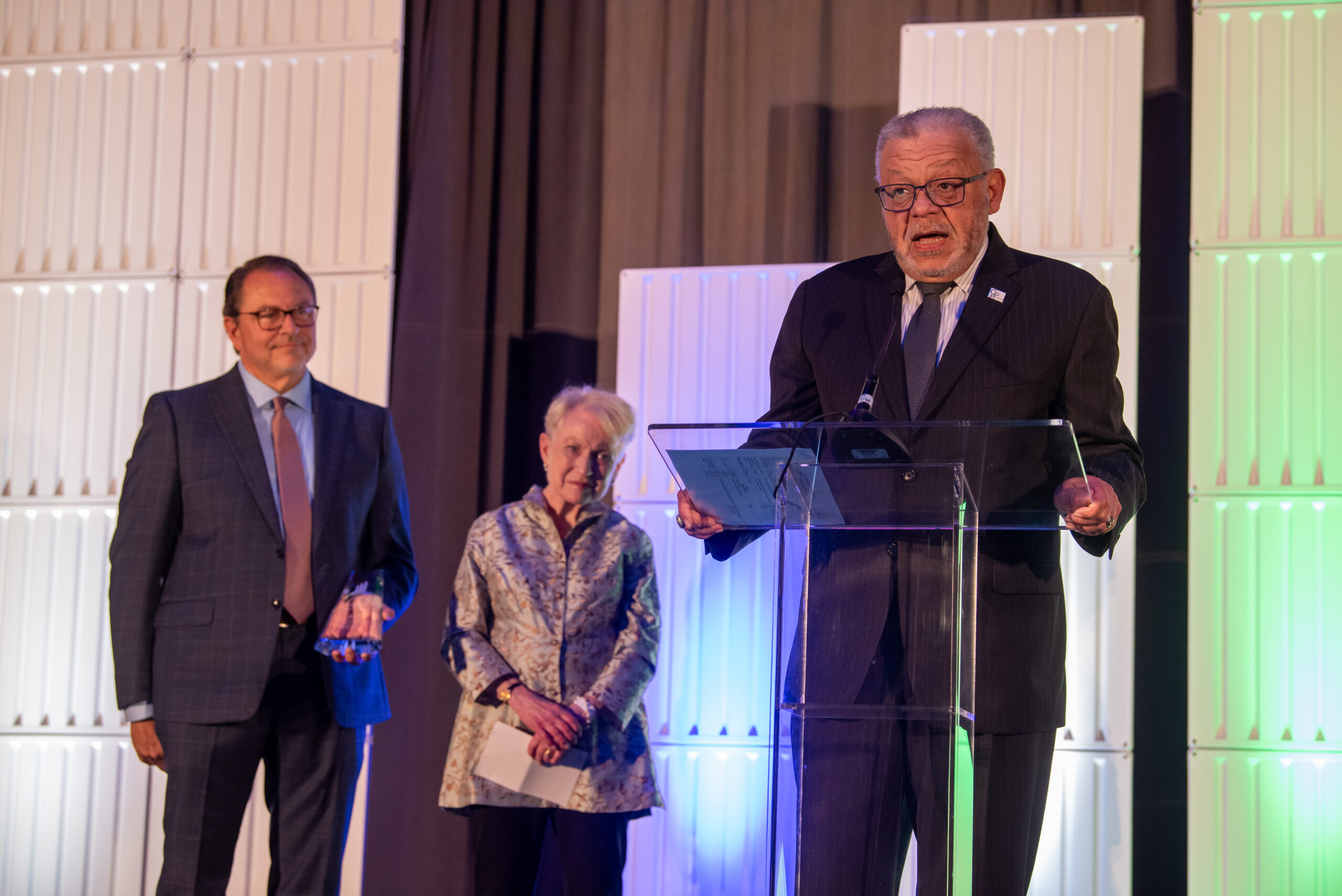Commissioner Patrick V. Murphy Award for Leading Change in Policing
Nominations are accepted now through June 1, 2024.
About the Award
This award honors a police professional who has taken bold steps to improve, reform, or advance policing from within the profession. Likely challenging the status quo, this nominee has implemented innovative, evidence-based initiatives within their community or agency. The ideal nominee's work should have made a lasting impression on a community or the profession at large and has likely impacted policy, local or national public safety standards, overall quality of life, or other factors of similar importance.
The Commissioner Patrick V. Murphy Award is open to all active or retired police professionals in the United States, both sworn and non-sworn, with at least 10 years of relevant experience.
Nominations for the Commissioner Patrick V. Murphy Award for Leading Change in Policing are accepted now through June 1, 2024.
2023 Honoree: Commissioner Charles H. Ramsey

